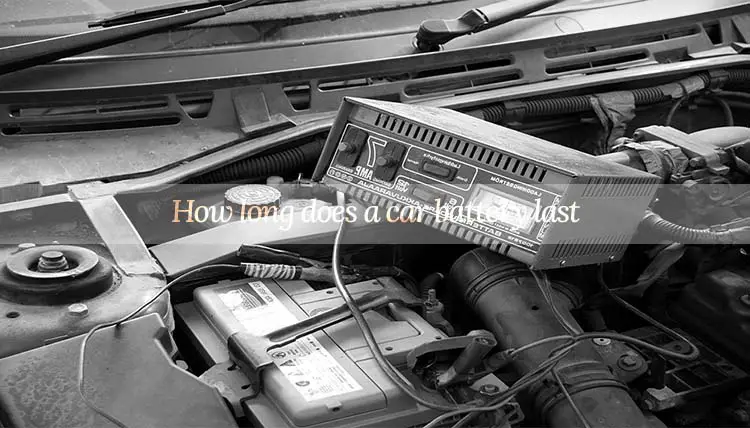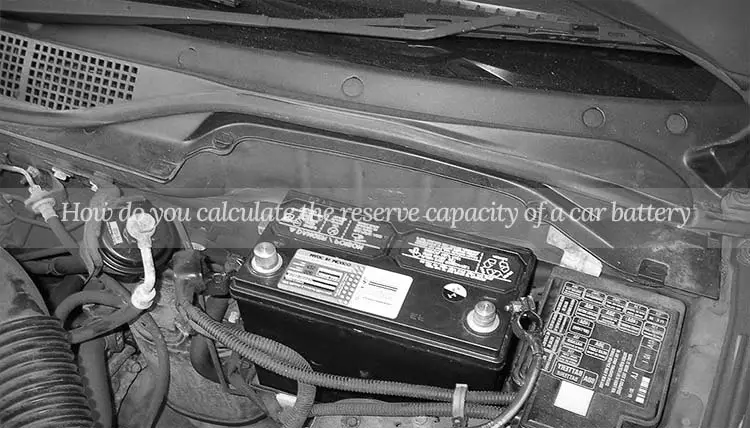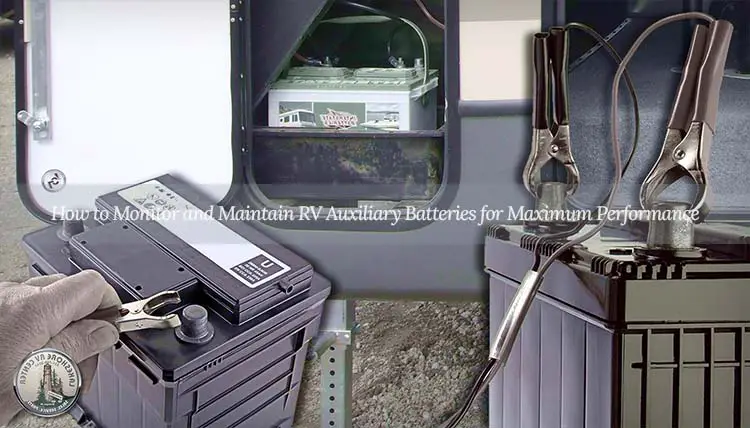Are you embarking on the journey of car battery replacement? Discovering the cost involved is a crucial first step. Your vehicle’s battery ensures smooth starts and reliable performance. In this guide, we’ll unravel the mystery behind the price tag of changing a car battery. From the factors influencing costs to DIY alternatives, join us as we navigate the road to understanding how much it truly costs to swap out this essential automotive component. Let’s rev up your knowledge and demystify the expenses of a crucial vehicular necessity.

Factors Influencing Cost
Several factors come into play when contemplating the cost of changing a car battery, each contributing to the overall expense. Understanding these elements can empower you to make informed decisions about your vehicle’s maintenance.
Battery Type and Quality:
The type and quality of the battery you choose significantly affect cost. Different battery types, such as lead-acid, AGM, or lithium-ion, come with varying price points. Opting for a higher-quality battery often entails a more significant upfront investment but can offer a longer lifespan and better performance.
Car Make and Model Specifics:
The make and model of your car directly influence the cost of a new battery. Some vehicles require specialized batteries, and their unique specifications can affect pricing. Luxury or hybrid cars, for instance, may demand batteries with advanced features, impacting the overall cost compared to standard models.
Labor Costs for Professional Installation:
While some car owners choose to replace the battery, many prefer professional installation for accuracy and peace of mind. Labor costs for this service vary based on location and the complexity of the installation process. High-end or electric vehicles may involve more intricate procedures, contributing to increased labor charges.
Types of Car Batteries
Choosing the right car battery involves understanding the various types available in the market. Each type comes with distinct characteristics, impacting performance, lifespan, and, of course, cost.
Lead-Acid Batteries:
Traditional and reliable lead-acid batteries have been a staple in the automotive world. They are cost-effective but tend to be heavier and may require more maintenance. These batteries are suitable for standard vehicles and offer a budget-friendly option.
Absorbent Glass Mat (AGM) Batteries:
AGM batteries are known for their enhanced performance and maintenance-free design. Ideal for modern vehicles with advanced electrical systems, AGM batteries provide better reliability, longevity, and resistance to vibration. However, The increased technology often results in a higher upfront cost than lead-acid alternatives.
Lithium-Ion Batteries:
Lithium-ion batteries, the latest in automotive battery technology, offer significant advantages. They are lightweight, have a longer lifespan, and provide excellent power output. While lithium-ion batteries come with a higher initial cost, their efficiency and durability often result in long-term savings and performance benefits.
Cost Variations Between These Types:
- Lead-Acid: Generally the most budget-friendly option.
- AGM: Moderately priced, offering a balance between performance and cost.
- Lithium-Ion: Higher upfront cost but with potential long-term savings due to increased efficiency and durability.
How much does it cost to change a car battery: Average costs breakdown
Budget-conscious vehicle owners must understand the average costs associated with car battery replacement. Here’s a breakdown of the typical expenses involved:
Battery Costs:
The cost of the actual battery varies based on type and quality. Lead-acid batteries generally range from $50 to $200; AGM batteries can cost between $100 and $300, while lithium-ion batteries typically start at $100 and exceed $500.
Labor Costs:
If you choose professional installation, the labor expenses will fluctuate based on your geographical area and the intricacy of the installation procedure. On average, anticipate labor costs ranging from $50 to $100.
Total Replacement Costs:
Considering both the battery and labor, the total cost for a car battery replacement falls from $100 to $600. Luxury or electric vehicles may incur higher costs due to specialized batteries and complex installation procedures.
Buying Battery Separately vs. Service Package:
Buying Separately:
- Pros: More control over the choice of battery. Potential cost savings if you opt for a budget-friendly battery.
- Cons: Requires additional effort for installation. Limited warranties compared to service packages.
Service Package:
- Pros: Professional installation ensures accuracy. Warranties often cover both the battery and installation, providing peace of mind.
- Cons: Higher upfront cost compared to buying the battery separately.
Professional Installation vs. DIY: Weighing the Costs and Benefits
When deciding to replace a car battery, choosing between professional installation and a do-it-yourself (DIY) approach involves considering various factors, including costs and convenience.
Professional Installation:
Pros:
- Expertise: Trained professionals ensure accurate and safe installation.
- Convenience: Saves time and effort, especially for those unfamiliar with car mechanics.
- Warranty Assurance: Many professional installations have warranties covering the battery and labor.
Cons:
- Higher Cost: Professional installation typically costs additional labor, ranging from $50 to $100.
- Service Charges: Some auto shops may charge service fees beyond the labor costs.
DIY Approach:
Pros:
- Cost Savings: Eliminates labor costs, potentially reducing overall expenses.
- Flexibility: Allows for choosing the battery and handling the replacement at your convenience.
Cons:
- Skill Requirement: DIY installation requires some knowledge of car mechanics.
- Time and Effort: Installing a car battery takes time and may be challenging for beginners.
- Limited Warranty: DIY installations often come with limited or no warranties on labor.
Potential Additional Expenses with Professional Help:
- Service Fees: Some auto shops may charge additional service fees separate from labor costs.
- Specialized Tools: Sometimes, shops might charge extra for using specialized tools during the installation.
- Emergency Services: Emergency service fees may apply if the battery replacement is urgent or required outside regular business hours.
Tips for Cost Savings on Car Battery Replacement
Replacing a car battery doesn’t have to break the bank. Here are practical tips to help you save on costs while ensuring your vehicle remains powered up and ready to go:
- Research and Compare Prices:
- Before purchasing, conduct thorough research on different battery types and brands.
- Compare prices from various retailers, both online and local stores, to find the best deals.
- Look for promotions, discounts, or seasonal sales to maximize cost savings.
- Take Advantage of Warranties and Discounts:
- Choose a battery with a warranty, providing coverage for defects or premature failure.
- Many reputable brands offer extended warranties, offering additional peace of mind.
- Check with auto shops for ongoing promotions, discounts, or bundle deals on batteries and installation services.
- Consider Recycling Options for Old Batteries:
- Some retailers provide discounts or incentives for recycling old car batteries.
- Recycling not only benefits the environment but can also earn you a discount on your new battery purchase.
- Check with local recycling centers or battery retailers to explore available recycling programs.
- DIY Installation for Cost Savings:
- If you have the necessary skills and tools, consider a do-it-yourself (DIY) installation to eliminate labor costs.
- Be sure to follow safety guidelines and proper procedures for battery replacement.
- Explore Online Platforms and Forums:
- Online forums and community platforms often share insights into the best deals and reliable brands.
- Engage with car enthusiasts and experts who can provide valuable recommendations based on their experiences.
- Buy from Reputable Suppliers:
- Purchase your battery from reputable suppliers to ensure quality and authenticity.
- While exploring budget-friendly options, prioritize reliability and performance to avoid future expenses.
Conclusion
Navigating the cost of changing a car battery is more than a monetary consideration; it’s an investment in your vehicle’s vitality. From understanding battery types to exploring cost-effective strategies, you now hold the keys to informed decision-making. Whether opting for a budget-friendly lead-acid battery or investing in the efficiency of a lithium-ion powerhouse, empower yourself with the knowledge to keep your ride running smoothly. Make the right choice, and let your journey continue without missing a beat.
You may also like:



